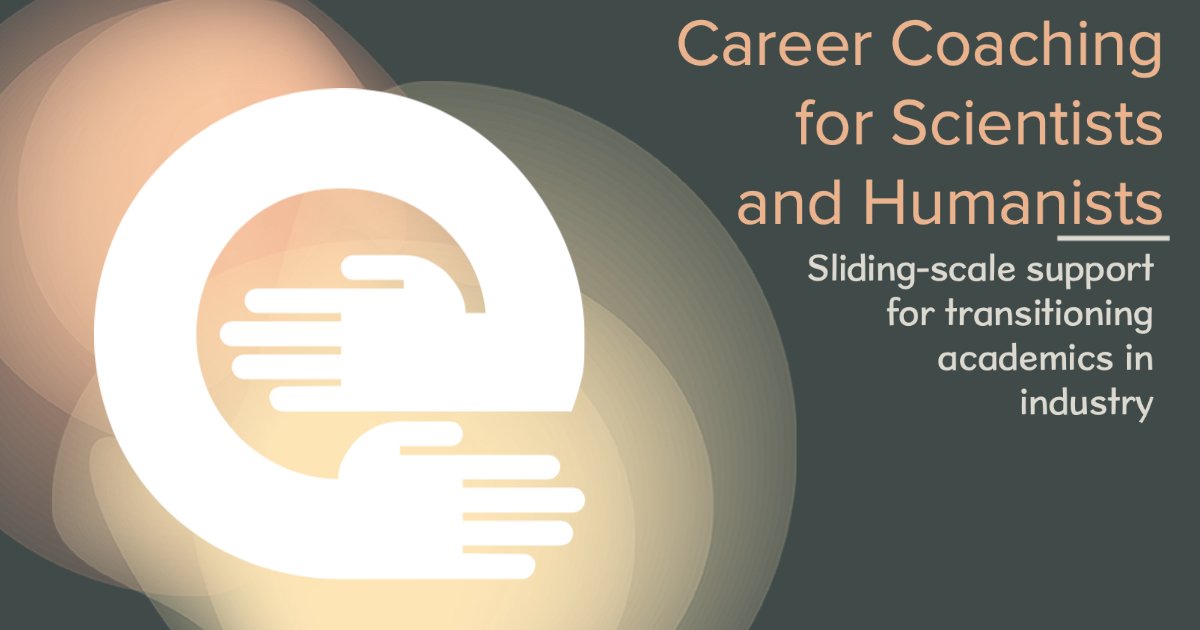Career Coaching for Scientists and Humanists: Sliding-scale Support for Transitioning Academics in Industry
Throughout my decade-long transition from work as an assistant professor of anthropology and media to independent research business owner, I hear from many transitioning academics looking for support. Often these fall along one of two immediate needs:
Direct support for academics transitioning to alt-ac or non-ac careers with a focus on landing a job very quickly;
Targeted problem-solving, resumé work, and advising for those seeking jobs in the field of UX specifically
I am happy to make recommendations for either of these and am grateful for the help I received from career counselors and mentors in the UX field of tech at large. A career counselor specializing in alt/ac careers helped me transition out of extractive work as a contingent faculty member to tech. Others helped me rise to the highest rank if individual contributors - principal researcher - in the UX field. But after a few years, I felt cut off from my academic work and values, and I witnessed the UX field (particularly researchers with academic backgrounds) disproportionately suffer from layoffs. The great alt-ac transition has left many of us still in transition.
It could be that, like myself, you’ve found yourself needing something distinct from either of those right now: a guide to composing your bigger picture. You’ve left academia, wholly or emotionally, and have started to cultivate or work in an alternative career. Yes, you have found or know you can find a job. But you’re still looking for your vocation.
Over time, as I also experienced a very successful transition to User Experience research for public, consumer, and business products, I realized that my career path was much more than a single transition. For the second time, I have struck out with my own research firm, this time with the full slate of organizational, planning and networking resources in my toolkit.
As the industry and nonprofit sands shift beneath our feet, we need partners with whom to think through how we very specific thinkers, educators and researchers navigate the question of vocation throughout our lives. Jobs are important, but they are rarely permanent and even less often fulfill the callings that led us to give our everything (including finances, family plans, relationships, geography, and rest - or dreamtime) over to academia.

